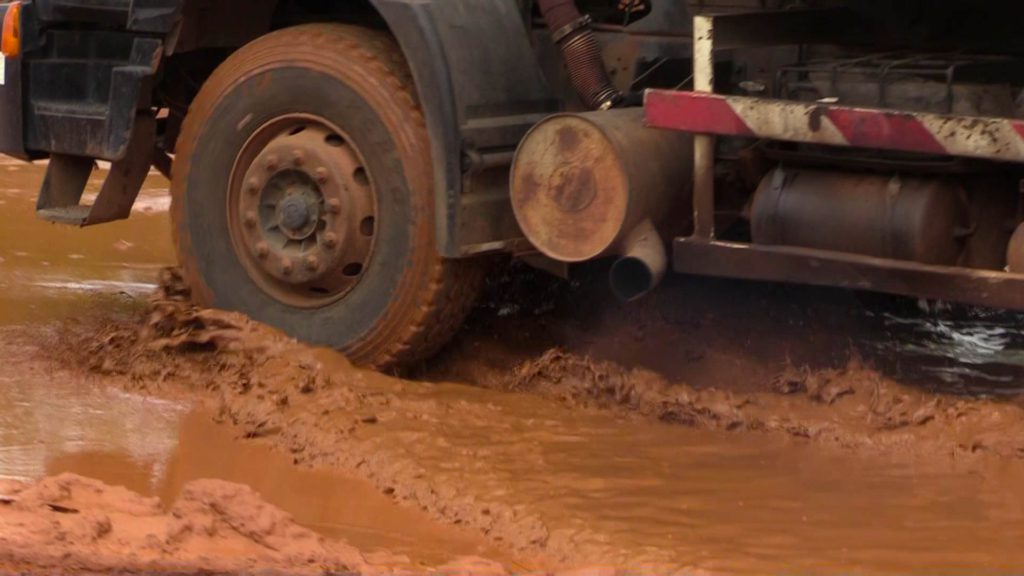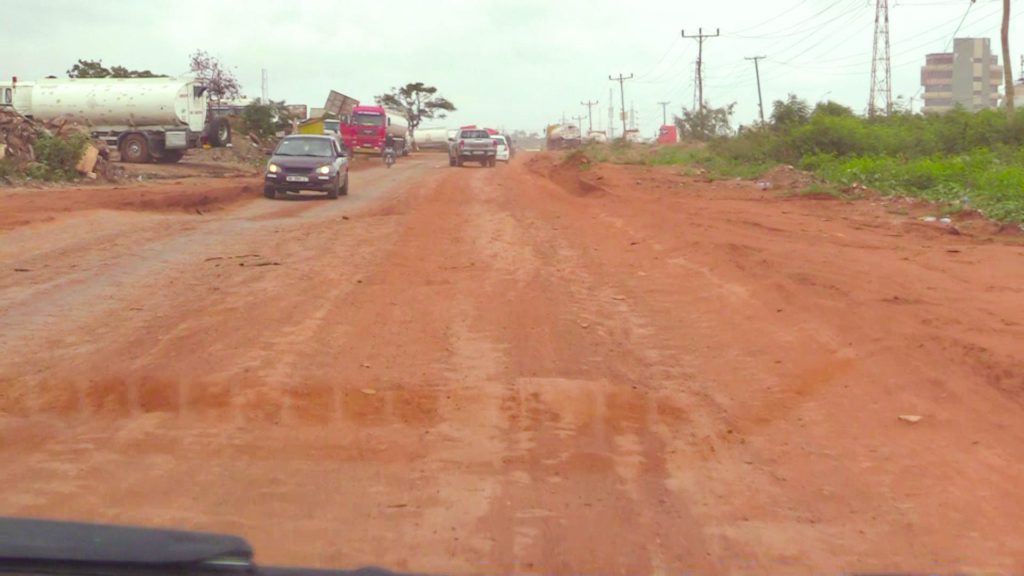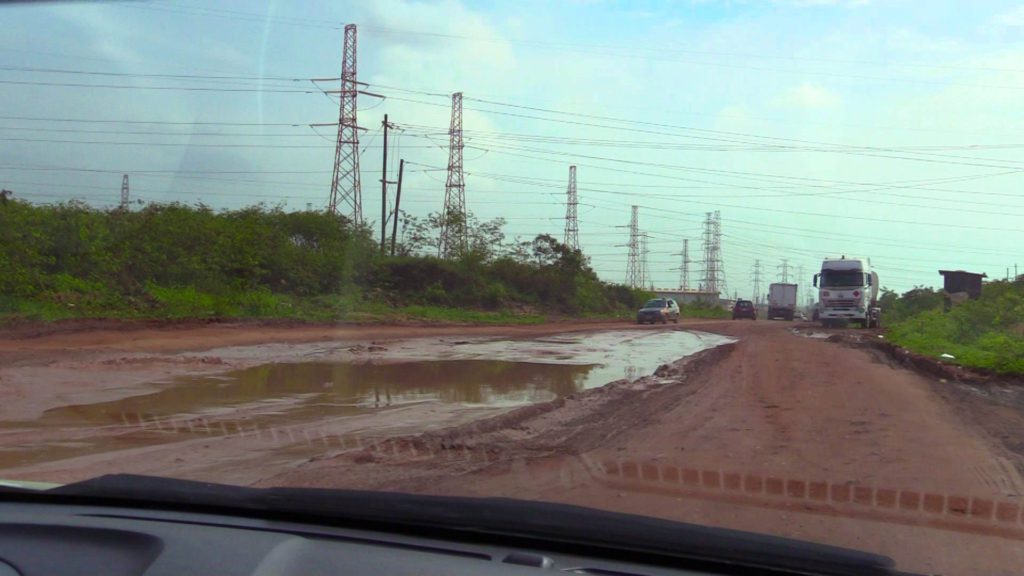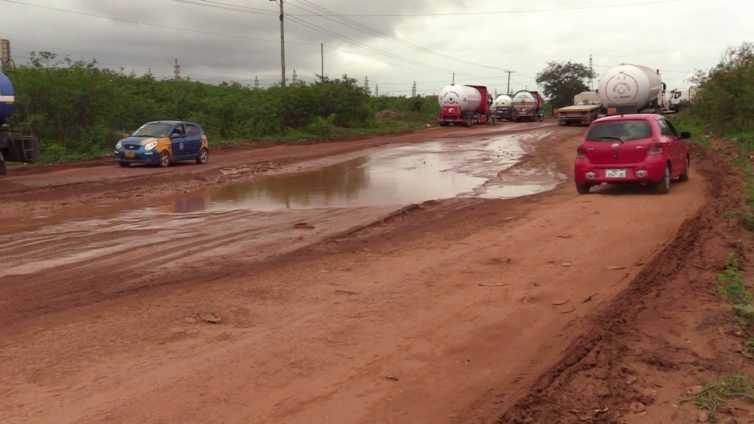The Ghana Chamber of Bulk Oil Distributed (CBOD) is calling on government to urgently rehabilitate and properly maintain the road network in and around the petroleum storage management industrial area in Tema.
The main road to the area is a 7.2-kilometre single carriageway, which facilitates service delivery by industry giants like the Tema Oil Refinery (TOR), West Africa Gas Pipeline and Quantum Terminals.
But it is in such bad shape that CBOD is warning that if it is not fixed soon, the deplorable nature of the road could one day affect petroleum supply and distribution around the country and severely reduce economic output.
“Almost all the petroleum products that are used across the country [i.e. 90%] come from within this enclave, so we have a lot of bulk road vehicles and petrol tankers running around the place. The state of the roads, which are currently in very bad condition, have tremendous effects on the conditions of these vehicles,” said Chairman of the Depots Committee at CBOD, Mr Alex Amoaku.
“Apart from the industry itself, you’d also find trucks from other warehouses nearby, carrying sugar or rice from the harbour either breaking down or having their content tipped over unto the middle of the road and disrupting the free flow of traffic.”

Mr Amoaku further expressed concern about the health and safety of workers and inhabitants of the area, naming musculoskeletal problems “and other related diseases” as some of the adverse effects of the poor road infrastructure in the petroleum enclave on the people living working in the area.
“If you take a look at the public transport vehicles that ply these roads, you will notice they are in a very bad state because no one with a very good vehicle would use this route, given the nature of the road,” he said.

“Beyond the breaking down of vehicles, we also have the issue of safety to deal with, because these products in transportation are highly flammable – LPG, petrol and diesel. If an LPG truck breaks down for any reason and is abandoned, perhaps because it’s late, anything could happen if someone runs into it.”
Mr Amoaku added: “Health-related issues are an everyday occurrence, as our staff are always reporting to the hospital with them, and we always end up having to take care of the bills.”

CBOD is reaching out to government and appropriate authorities to fix what it considers a risk to the petroleum industry and the Ghanaian economy in general.
Latest Stories
-
GBC accuses Deputy Information Minister Sylvester Tetteh of demolishing its bungalow illegally
3 mins -
Boost for education as government commissions 80 projects
14 mins -
NAPO commissions library to honour Atta-Mills’ memory
25 mins -
OmniBSIC Bank champions health and wellness with thriving community walk
27 mins -
Kora Wearables unveils Neo: The Ultimate Smartwatch for Ghana’s tech-savvy and health-conscious users
31 mins -
NDC supports Dampare’s ‘no guns at polling stations’ directive
34 mins -
Police officer interdicted after video of assault goes viral
51 mins -
KNUST’s Prof. Reginald Annan named first African recipient of World Cancer Research Fund
52 mins -
George Twum-Barimah-Adu pledges inclusive cabinet with Minority and Majority leaders
2 hours -
Labourer jailed 5 years for inflicting cutlass wounds on businessman
2 hours -
Parliament urged to fast-track passage of Road Traffic Amendment Bill
2 hours -
Mr Daniel Kofi Asante aka Electrician
2 hours -
Minerals Commission, Solidaridad unveils forum to tackle child labour in mining sector
2 hours -
Election 2024: Engagement with security services productive – NDC
2 hours -
Retain NPP for the good of Ghana – Rebecca Akufo-Addo
2 hours

